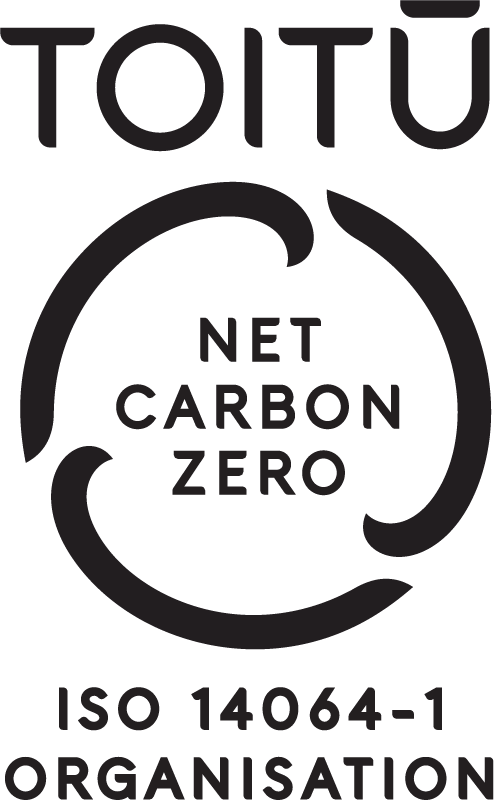
Why confidence is affecting women's retirement outcomes
23 February 2023Confidence is a funny thing. When I was younger, I got a Dragster (bike) for Christmas. I thought it was the coolest thing ever and it provided me with an air of invincibility. So much so that when I was at Cubs, I told my mates I could ride down the hill to the Den (a meeting house for Cubs) faster than anyone else. Now, this was a steep hill and, to cut a long story short, I did indeed beat everyone down to the bottom. That said, it became apparent very quickly that riding on a shingle road, pedalling as fast as I could down a steep hill, are not the right ingredients for a positive outcome. Especially when applying the back and then front brakes rather heavily after realising I was going to crash into the Den. But more on that outcome later!
Leading up to December 2021 investor confidence was flying high due to strong markets, borders finally reopening and the Covid-19 fog starting to lift, revealing a far more settled year ahead, with the expectation that 2022 would be when everything got back to be normal.
Unfortunately, the opposite happened with the Ukraine conflict, global inflation, reserve banks around the world increasing cash rates and pushing up mortgage rates, and then homeowners experiencing the impossible: seeing their house values fall. This all contributed to one of the most difficult years on record, where pretty much everything went down in value and everything you needed to buy went up.
No wonder investor confidence took a hit, with markets falling. This impacted KiwiSaver and other investments, leading to prolonged negative returns and falling balances that tested the conviction of the most hardy investor.
An interesting question has been posed recently: did this environment affect the confidence of different demographics in different ways? The answer is yes.
A recent report released by Standard Life in Ireland, contained research on this very topic, along with a number of other financial wellbeing questions, and the results may come as a surprise.
Over 6,000 people took part in the research and it seems that women have become even less confident about their finances and long-term savings than men over 2022.
What the research said:
- The ongoing economic uncertainty appears to be affecting women more than men. Significantly, more women than men say they’re finding their financial situation difficult: 31% of women vs. 19% of men
- Women’s overall financial positivity also took a hit, falling from 44% in 2021 to 33% in 2022 compared to men falling just 4% from 54% to 50%
- An additional outcome from the downturn in markets has also seen women worrying about spending too much and running out of money, along with worrying they are not saving enough for their retirement
- Across all generations women feel less positive than men, with the largest gap of 21% among those between the ages of 25-44
- There is also a pronounced gender difference with respect to saving enough for the retirement years. 72% of women, aged from 35 to 54, worried they were not saving enough compared to their male counterparts at age 35-44 , at 62% and those men aged between 45-54 at 57%
- Understanding financial products has also dropped, with only 43% of women being comfortable, while men sit at around 50%. Funnily enough both have dropped over the past two years
- The most alarming fact that came out of the report for me, was that women are now almost twice as likely as men to do no planning for their retirement
While this research is based in Ireland I suspect, if we conducted a similar piece of research here, the numbers may not be too different. They may even be higher, given the recent weather events over the past month in New Zealand and how that has impacted many people’s incomes, businesses, housing and other assets.
As we celebrate International Women’s Day on the 8th of March, this report and findings are a timely reminder that bridging the gender gap around retirement outcomes has still got a significant row to hoe. There are no simple answers but we, as a country, should continue to:
- Improve the gender pay gap between men and woman
- Acknowledge that women are likely to be out of the workforce longer than men due to either raising a family or supporting family members as they get older; government and employers should look to financially fill this gap so they are not disadvantaged
- Build financial capability in schools and acknowledge the gender differences and messaging in the material
- Improve access to affordable financial advice for women
These would be incredibly powerful improvements that, over time, should not only improve women’s confidence, but also their overall financial wellbeing.
There are some basic actions that all Kiwis can take on board as well:
- Have a budget, stick with it and review it when life changes occur
- Sit down and write down your goals and objectives so you can start planning for them, whether they are short, medium, or long-term goals
- Have an emergency or buffer account to help protect you from the unexpected
- Make sure you have the appropriate insurance cover for your key assets, like your house
- Think long-term around your investments, like KiwiSaver, and don’t let short-term volatility scare you into shifting funds more conservatively, thus realising a capital loss
- Don’t stop contributing to your KiwiSaver or other regular manged fund investments
- Get some professional advice about getting a plan in place that fits with your own personal circumstances
- Visit the Sorted website to help you get started on a number of the topics I have mentioned above
Interestingly, the research found that those who had a plan, no matter what income bracket they were in, were twice as likely to feel positive about their current financial situation - 50% vs 19% - than those who didn’t.
Thinking back to that day when I was 10, if I had planned my approach down that shingle hill better and taken into account the environment along with the possible risks, I suspect I would have had a better outcome. As it turned out I missed the meeting house by inches, however ended up falling off my bike, with bloody knees and a very bruised ego.
I guess, having loads of confidence by itself doesn’t always add up to better outcomes – you need some preparation too. Having a plan, applying your goals and objectives, and getting some professional advice, will most likely get you to where you want to go without too many bruises along the way.
As a footnote, Kantar just released some data based on the top three issues that are top of mind for Kiwis in January this year. They were:
- 56% = physical health of my family
- 50% = financial planning for the future and
- 43% = mental wellbeing. With 44% very concerned about inflation and rising prices.
As published on Stuff and listen to the discussion on RNZ
Disclaimer: David Boyle is Head of Sales and Marketing at Mint Asset Management Limited. The above article is intended to provide information and does not purport to give investment advice.
Mint Asset Management is the issuer of the Mint Asset Management Funds. Download a copy of the product disclosure statement.


